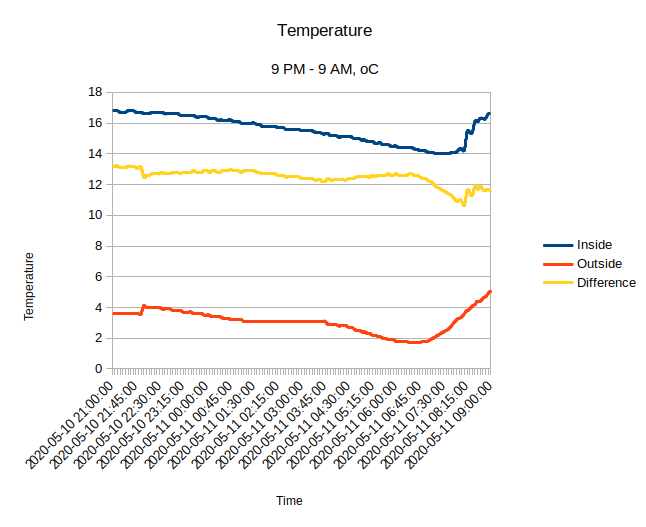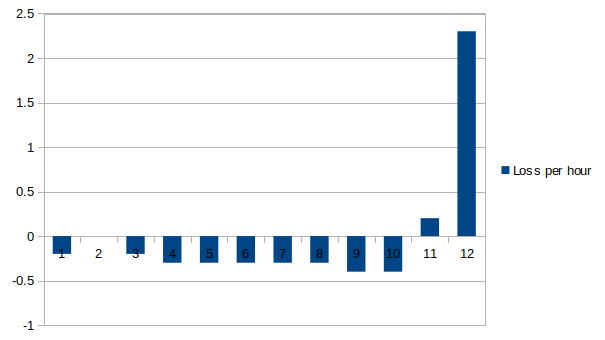The vicious cycle of marketing
We may see close to 10,000 ‘advertisements’ per day. People are very good at ignoring most of them: estimates are that between 60% and 90% of online ads are ignored.
Some people install software so they don’t even see them: ad blockers are now used by more than 30% of people in most markets.
It is clear that most, if not all, people have a sophisticated antenna to recognise commercial messages. They also understand that even where content is funny, engaging or clever, it is still meant to seduce us into brand loyalty and marketing funnels.
These antennas have improved incredibly in sensitivity and effectiveness since the pre-internet time.
We as marketers not only face skeptical consumers, we also face an increasingly fragmented media landscape. Where do we advertise or promote our service and product, and how do we measure effectiveness?
Voila, the emergence of personalisation, data-driven marketing, A/B testing, and dashboards. We are hunting elusive prospects and leads with ever more sophisticated and invasive digital bow and arrows. It also means we are chasing our prospective customers away and make them even more weary of commercial interest.
I am not sure whether or not we can break out of this vicious cycle. Perhaps Bob Dylan gave us basic directions in his lyrics from 1973: Everybody wants my attention, everybody has something to sell. Except you.


